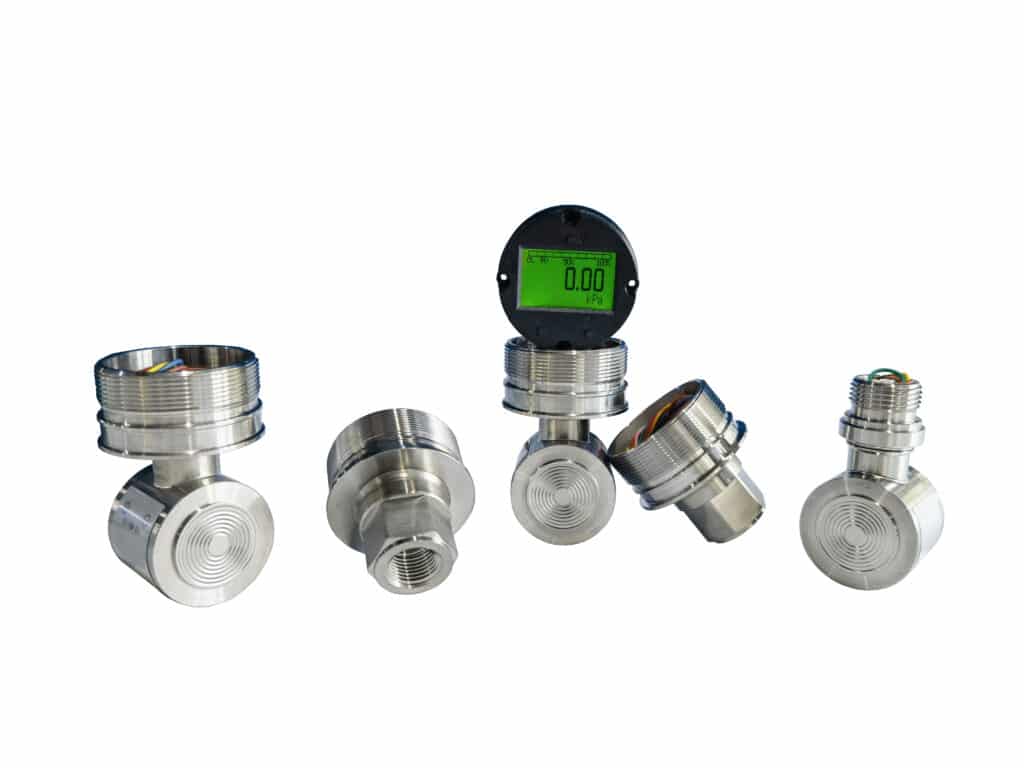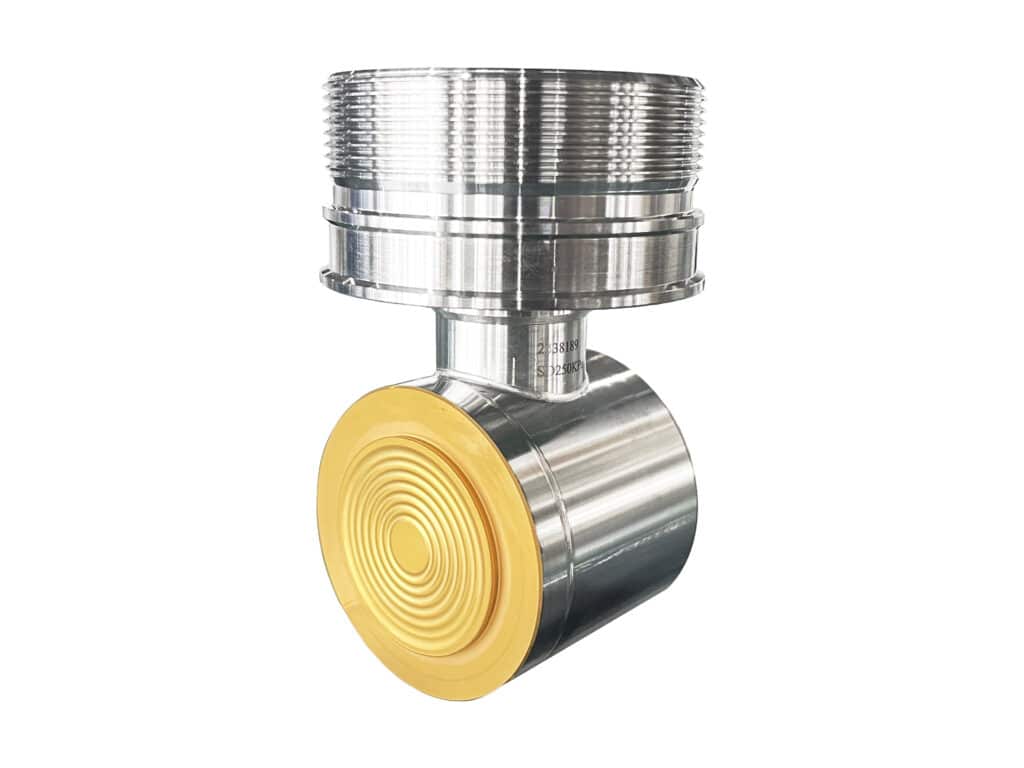In the era of rapid technological development, sensors, as an important part of modern technology, have permeated every aspect of our lives. From smart homes to industrial automation, from environmental monitoring to medical and health, sensors play an indispensable role. In the manufacturing process of sensors, rare metals, with their unique physical and chemical properties, have become key factors in enhancing the performance and stability of sensors. This article will deeply explore the applications of rare metals in sensor technology and how they help sensors achieve more efficient and accurate measurements.
Applications of Rare Metals in Sensors
Platinum (Pt)
Platinum is a gray – white precious metal with a high melting point and chemical stability. It is one of the commonly used materials in sensor manufacturing. In temperature sensors, platinum is often used as the raw material for temperature – sensing elements. The temperature is measured through the temperature coefficient of the platinum resistor. Platinum temperature sensors are characterized by high precision, good linearity, and high long – term stability, and are widely used in high – temperature measurement and industrial automation control fields. In addition, platinum is also used as the gas electrode of solid – electrolyte – type gas – sensitive sensors and the electrode material of oxygen sensors, further expanding its application scope in the sensor field.

Palladium (Pd)
Palladium is also a gray – white precious metal with good chemical stability and electrical conductivity. In sensors, palladium is often used as a catalyst for catalytic oxides, which can cause chemical reactions with substances such as oxygen and harmful gases, thus enabling the measurement and detection of gases and liquids. Palladium – oxide sensors are characterized by fast response speed, high sensitivity, and good stability, and are widely used in environmental protection and industrial fields. In addition, palladium is used as the gate material of metal – gate MOS – type gas – sensitive elements and performs well in detecting the hydrogen content in the environment.

Gold (Au)
Gold is a yellow precious metal with good electrical conductivity and corrosion resistance and is often used in the manufacturing of micro – electronic components. In sensors, gold is often used as the electrode material of capacitive humidity sensors, which can reflect humidity changes through capacitance changes. In addition, gold is also used as the working electrode and reference electrode of solid – electrolyte – type gas – sensitive sensors, providing reliable material support for gas detection.
Other Rare Metals
Besides platinum, palladium, and gold, rare metals such as silver (Ag), rhodium (Rh), iridium (Ir), and ruthenium (Ru) also play important roles in sensor manufacturing. These metals have excellent electrical properties, specific catalytic activity, and oxidation – and corrosion – resistance properties. They are commonly used as electrode materials and gas – sensitive materials for gas sensors, or as additive elements for gas – sensitive materials, for the detection of harmful, toxic, and combustible gases.
Specific Roles of Rare Metals in Sensors
Enhance Sensitivity and Stability
As components of sensitive elements, rare metals can efficiently capture the measured substances and convert them into measurable electrical signals. At the same time, the excellent electrical conductivity and corrosion resistance of rare metals enable sensors to maintain stable performance during long – term use.
Strengthen Anti – interference Ability
By optimizing the distribution and structure of rare metals in sensors, the anti – interference ability of sensors can be further enhanced, ensuring accurate measurement results even under complex and variable environmental conditions.
Conclusion
Rare metals play a crucial role in sensor technology. They not only enhance the sensitivity and stability of sensors but also strengthen their anti – interference ability, promoting the continuous innovation and development of sensor technology. With the continuous progress of science and technology and the increasing demand for environmental protection, the application prospects of rare metals in the sensor field will be even broader. We have every reason to believe that in future development, rare metals will continue to contribute more wisdom and strength to the advancement of sensor technology and environmental protection.